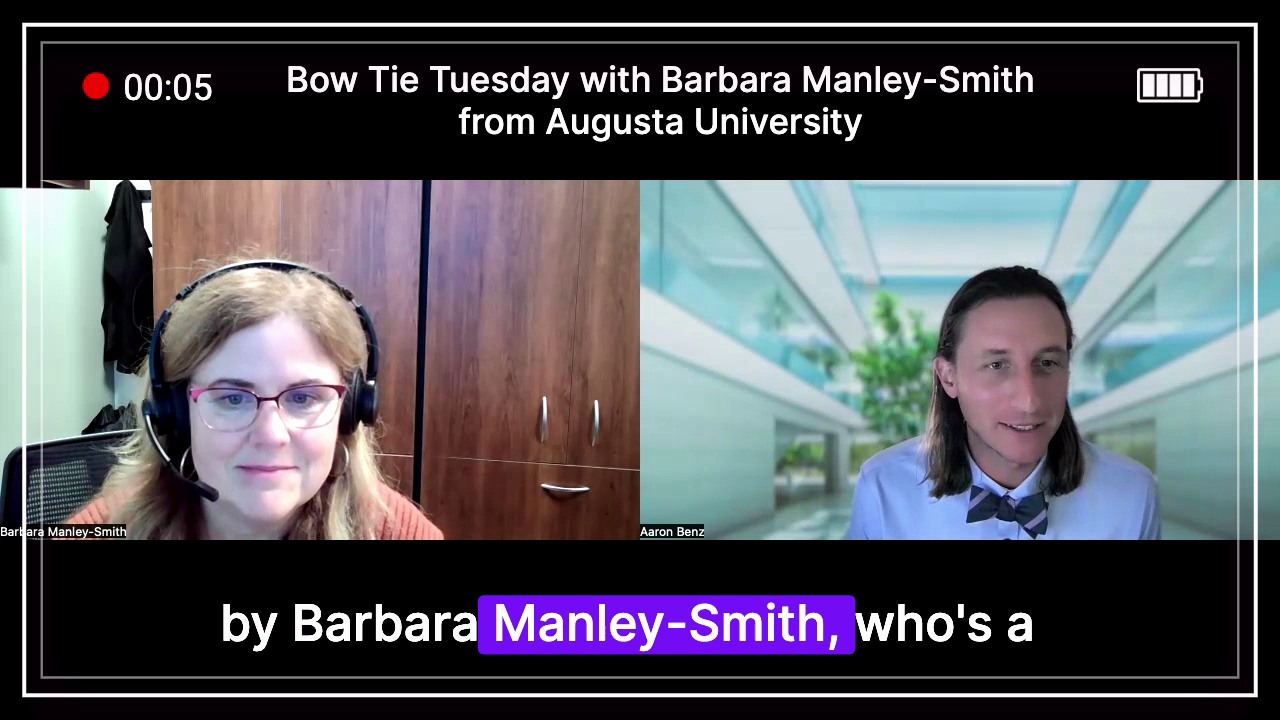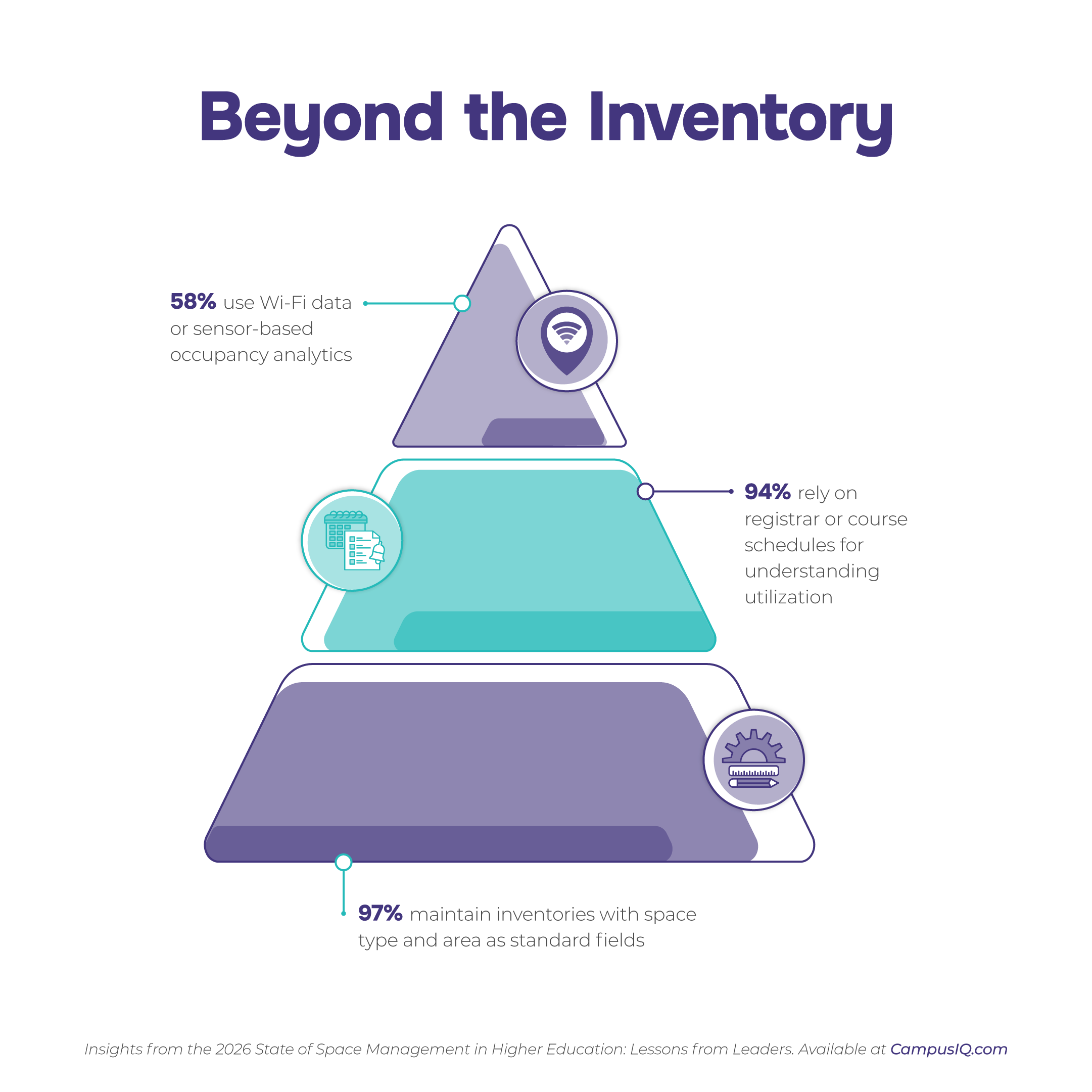2 min read
How Augusta University Turned Cultural Change into 97% Research Space Utilization
Every university wants better research space.Few are ready to do what it actually takes to get there. When I sat down with Barbara Manley-Smith,...
2 min read
 Aaron Benz
:
Updated on October 28, 2025
Aaron Benz
:
Updated on October 28, 2025

Transforming campus space through data, empathy, and difficult conversations
When I sat down with Gerald Morgan from the University of Missouri, I was struck by the magnitude of what his team achieved — and by how much courage it took to get there.
These aren’t just numbers. They’re evidence of what happens when a university looks honestly at its data, brings empathy to tough conversations, and commits to building a more sustainable future for its community.
Like so many institutions, Missouri was facing an overwhelming backlog — nearly $1 billion in deferred maintenance across its educational and general (E&G) space. The math wasn’t working. Funding from the state had stayed flat for decades while operating costs and repair needs continued to climb.
In 2016, leadership made a bold decision: do business differently. As Gerald put it, “We weren’t going to get more money — so we had to find a better way.”
That “better way” meant reducing square footage by as much as 10%. It meant saying goodbye to poor-performing buildings. And it meant facing the hard truth that a smaller, better-managed footprint could create a healthier, more efficient campus for everyone.
One thing Gerald emphasized — and I couldn’t agree more — is that data changes conversations. His team didn’t just rely on anecdotes or assumptions. They reinvigorated their space utilization survey, gathered HR and registrar data, and built a clear picture of how every square foot was being used.
“Come in with cold, hard facts,” Gerald said. “You can’t ask people to change without showing them why.”
But numbers alone weren’t enough. Data gave them clarity; empathy gave them trust.
Moving an academic department is personal. Faculty and staff are deeply attached to their spaces. Gerald knew that how he delivered the message mattered just as much as the message itself.
He and his team spent 80% of their meetings listening — not convincing. They heard concerns, acknowledged fears, and worked toward shared solutions.
And when the dust settled? Many of those who resisted early on later told Gerald they were grateful. “This is so much better,” one said after moving into a renovated, purpose-built space.
That, to me, captures the heart of great campus leadership: knowing that progress often starts with discomfort, and staying present long enough for trust to take root.
The University of Missouri didn’t just cut square footage — it improved the quality and purpose of the space that remained.
Departments moved into smaller, but newly renovated, buildings
Collaboration areas were added to encourage connection
Data-driven decisions helped prioritize the right projects for long-term impact
This was never about shrinking for the sake of shrinking. It was about building smarter, more sustainable campuses — spaces that truly serve the people who use them.
As I reflect on Missouri’s journey, one thing stands out: success didn’t come from a single decision or technology. It came from a culture shift — a willingness to see campus space as a shared, evolving resource rather than a fixed entitlement.
That mindset takes practice, patience, and leadership with grace.
In Part Two, we’ll explore how the University of Missouri is using new data tools and emerging technologies to plan its next phase of renewal — and what that means for the future of higher education facilities management.
Until then, I invite you to watch the full Part One conversation with Gerald Morgan on our LinkedIn page or check it out on You Tube to see the story in his own words.

2 min read
Every university wants better research space.Few are ready to do what it actually takes to get there. When I sat down with Barbara Manley-Smith,...

Almost every college and university in North America has a space inventory. According to the 2026 State of Space Management in Higher Education:...

by Veena Vadgama, CampusIQ Chief Marketing Officer